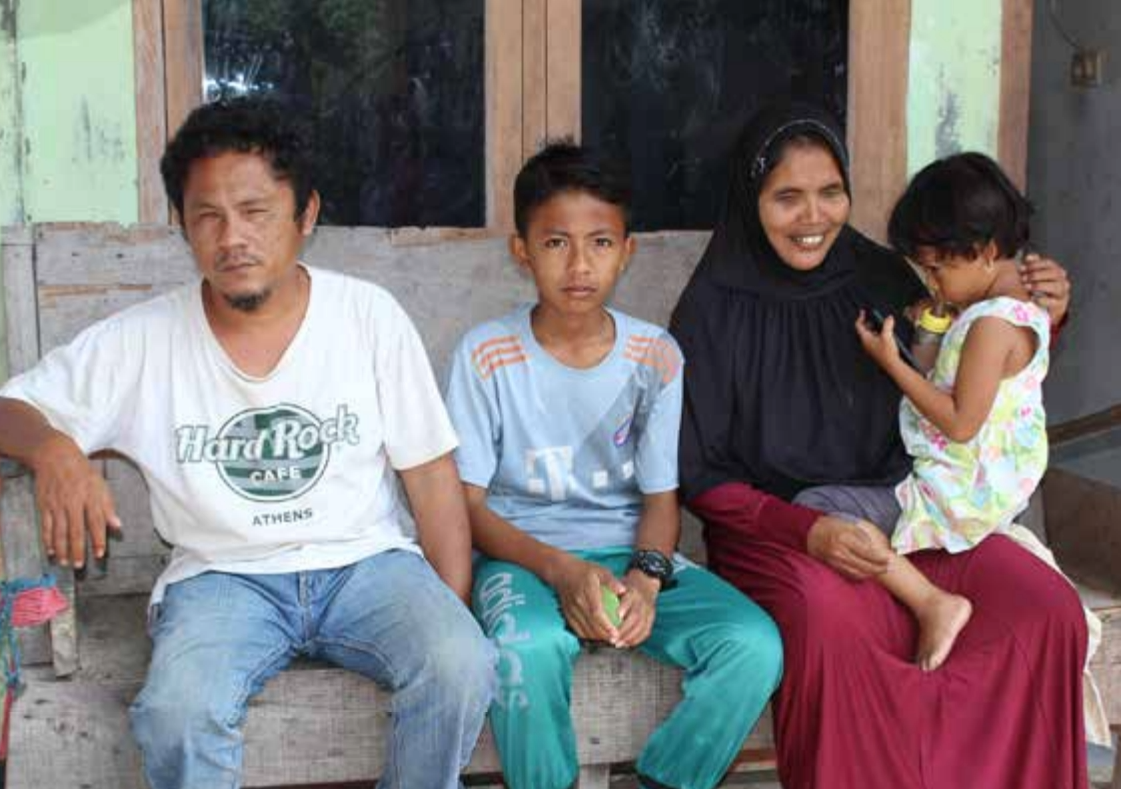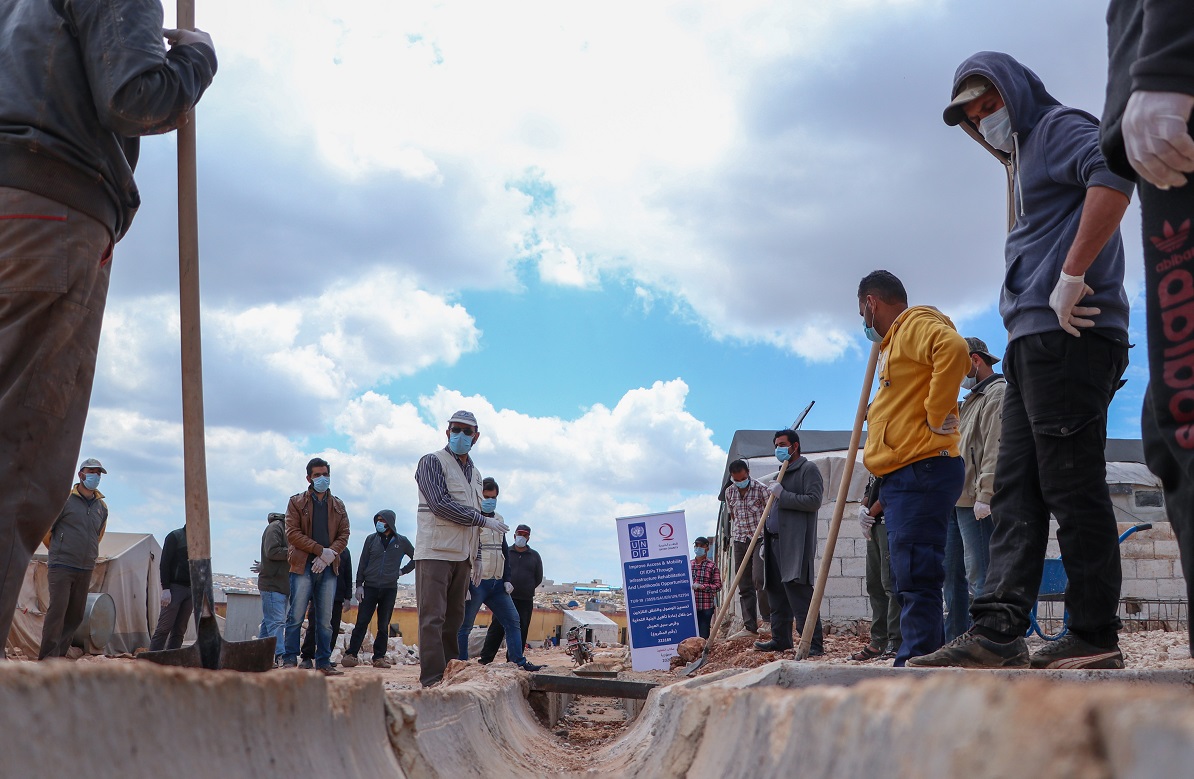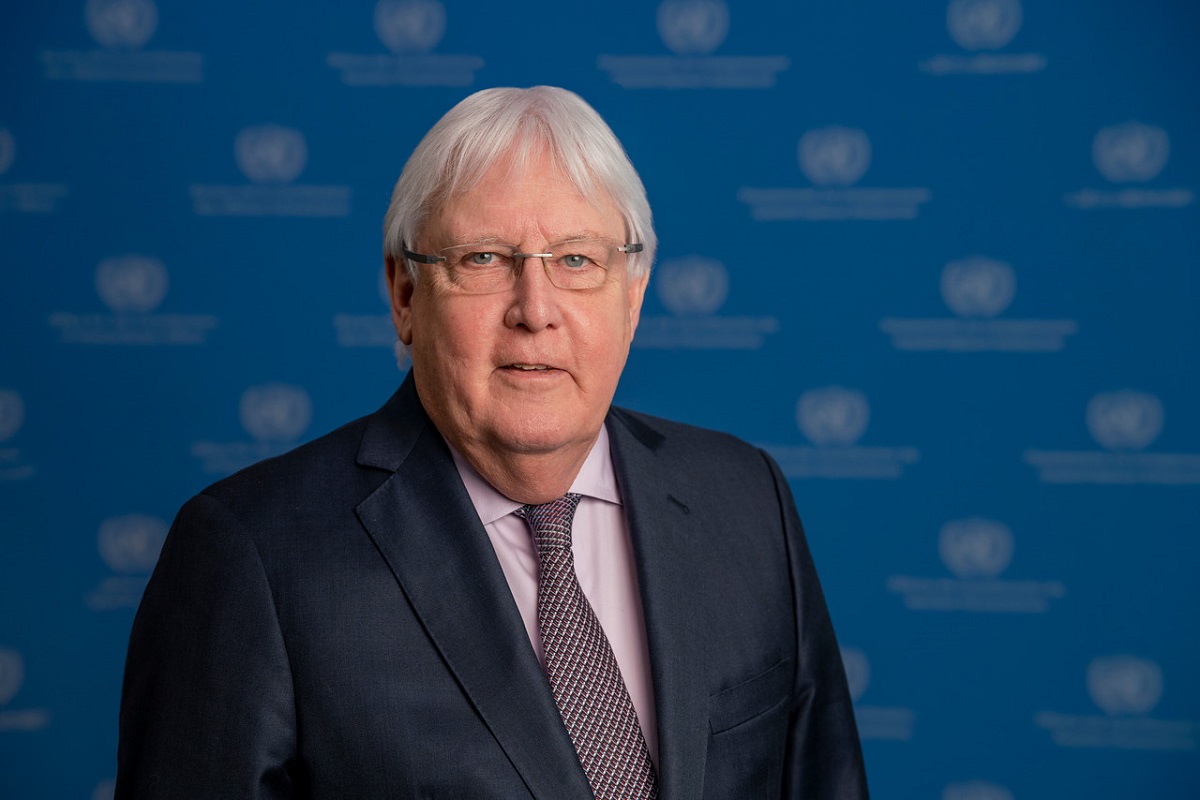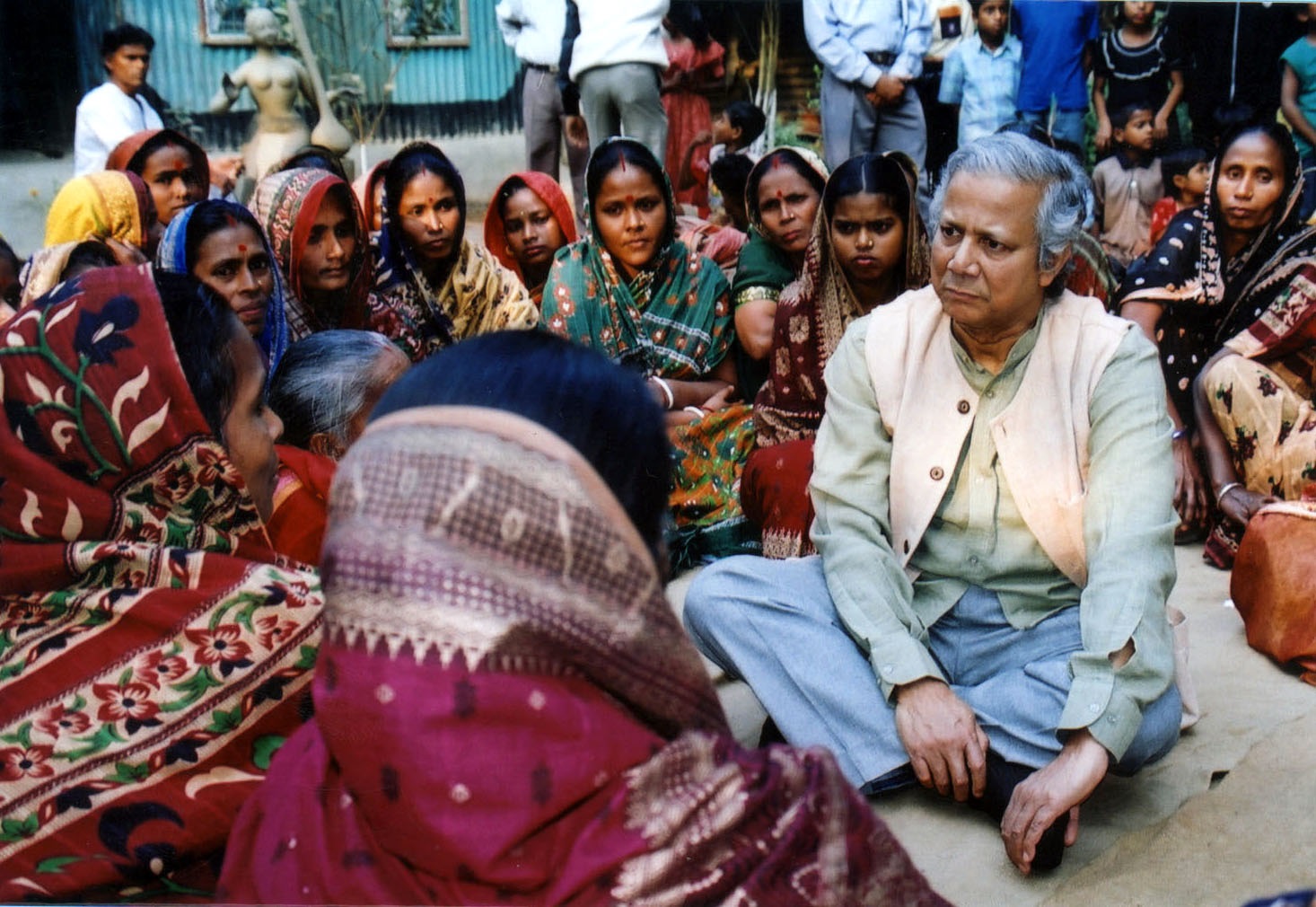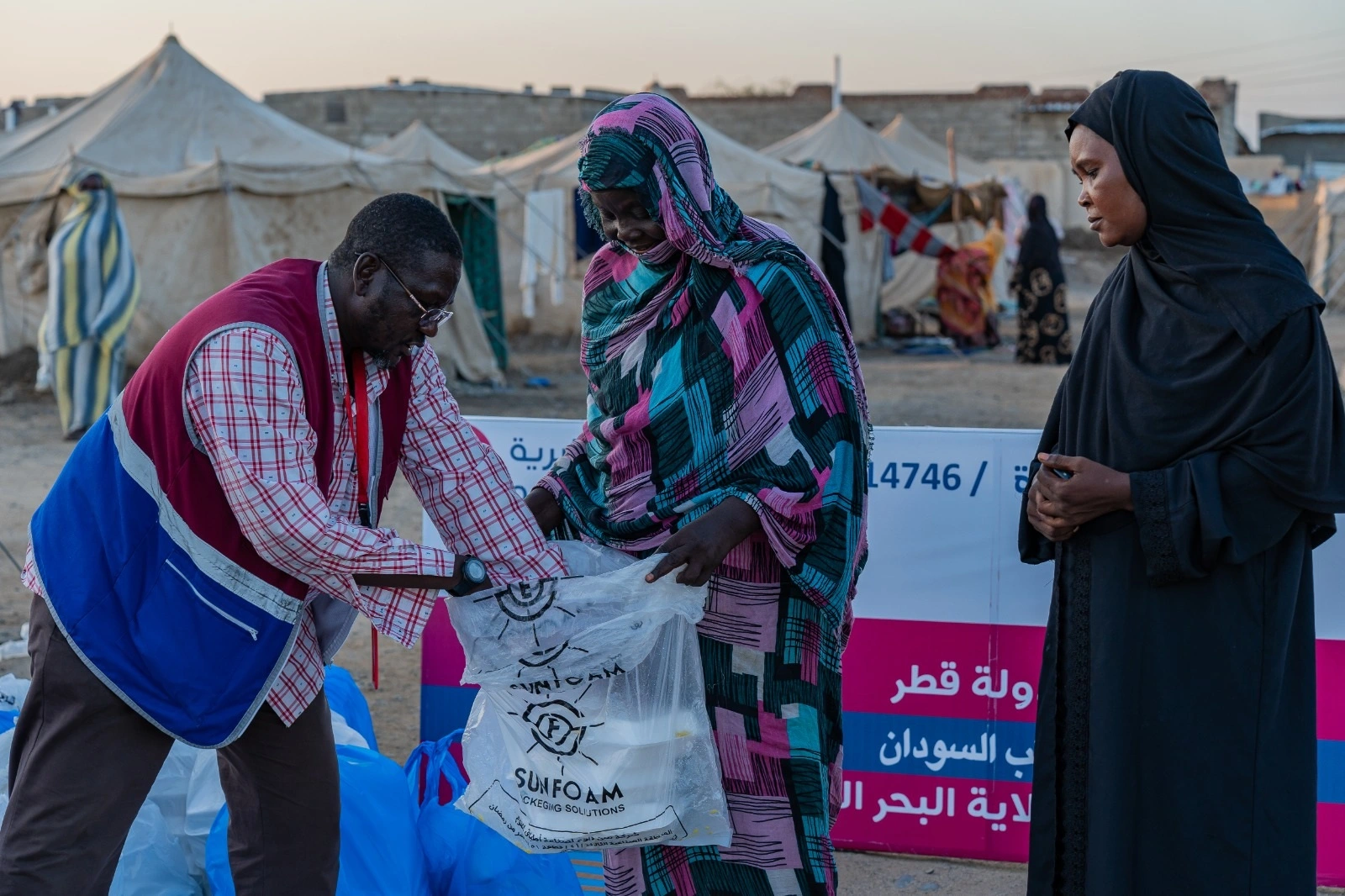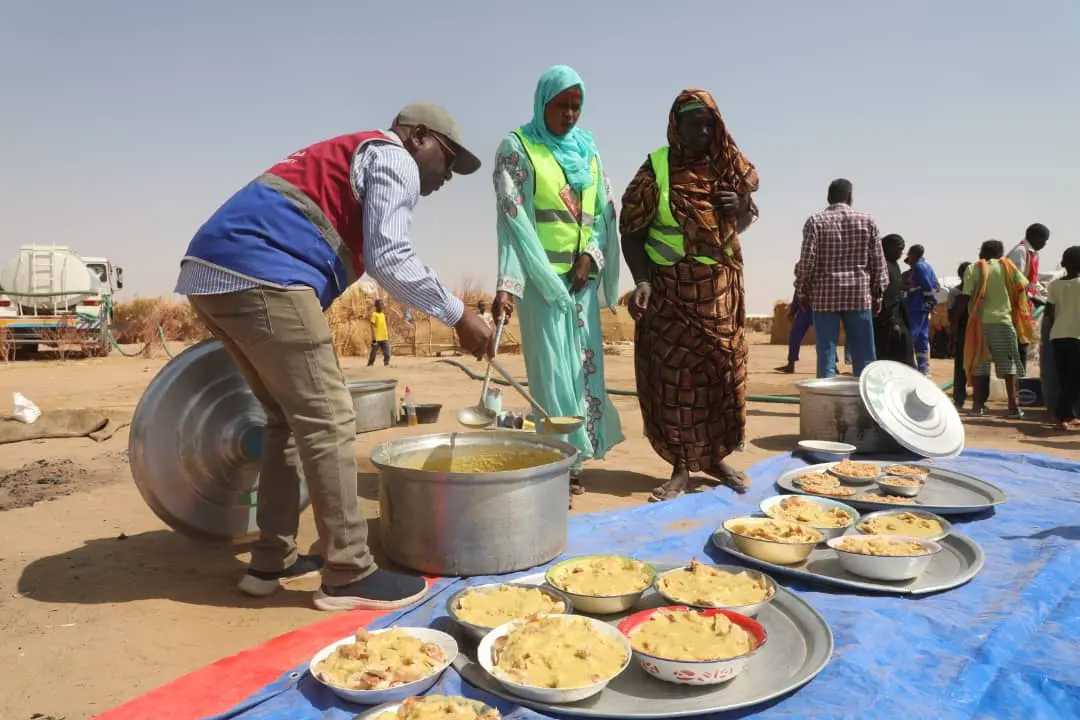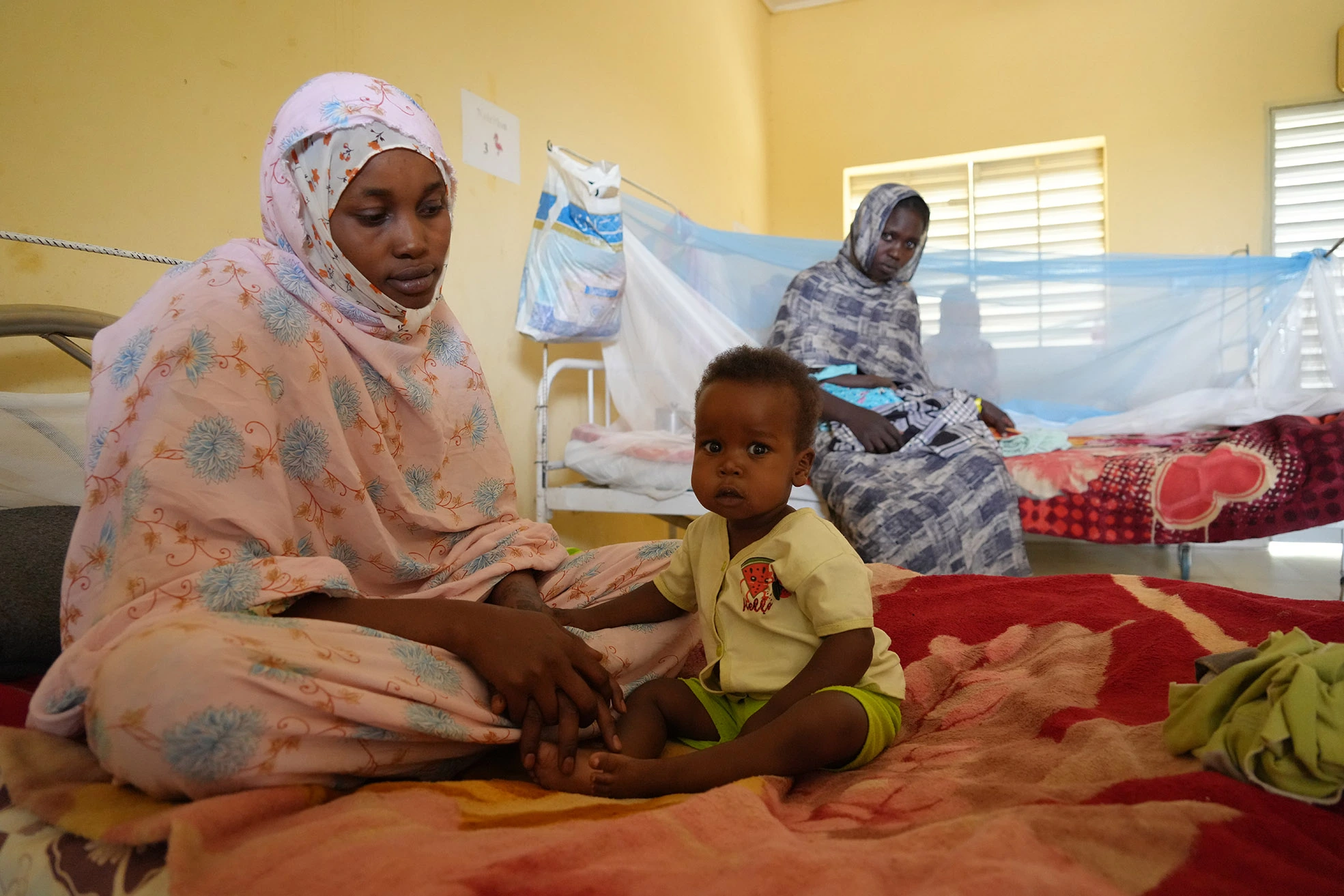The humanitarian aid or development network is meant to provide assistance to communities in collaboration with interconnected institutions when a country faces an unexpected natural disaster like an earthquake and a massive flood or a war-like situation.
Table of contents
The debate on strengthening and involving the local humanitarian actors in the process has got significantly intensified since the United Nations World Humanitarian Summit 2016 was held in Turkey. A plethora of research work is available on all aspects of the humanitarian and developmental work in the various fields. However, the idea of localizing the humanitarian and developmental work, particularly in the areas of emergencies, reconstruction, rehabilitation, and providing aid to the conflict-hit regions is yet an evolving subject.
Grounded in Reality
The international organizations bring into play funds, expertise, and international networks. Conversely, local partners generally lack sustained funding sources, professional skills, understanding of the global developmental lexicon and humanitarian coordination mechanisms which are the key tools to work with the international humanitarian or aid agencies. However, they are grounded in reality and better placed to understand the needs of the local people, security risks, gender sensitivities, cultural and religious contexts, and laws of a particular country. Being the first and last responders in a crisis, the local actors hold utmost significance in the humanitarian work carried out by the International aid agencies, becoming valuable assets of a nation for their social performance and collaborative commitment.
However, establishing a working relationship between international and local organizations is a long-term process that helps local groups to build their organizational capacities, human resources, and networks to serve their afflicted communities at a given time. This process of partnership also helps local cohorts nurture indigenous national leadership skills in young people who gradually take the charge of future work. This working relationship also trains more and more people in the above field which is a long-term investment in terms of utilizing the hidden potential of the young people.
Local Ownership
Additionally, the significance of local ownership of the international aid or humanitarian work is widely acknowledged by policymakers and practitioners on the ground. It is considered one of the key policy goals of international organizations and a vital element to sustain the impact of aid work. In fact, it is a two-way street as international actors also gain experience and a deep understanding of the local context by engaging with the local actors.
The on-the-job training, working experience with the international actors and opportunities to practically manage the humanitarian systems help local partners become the legitimate actors in the management of a community, along with the local stakeholders, authorities and international humanitarian actors engaged in a particular region.
Even though international organizations play an important role in the capacity building of young people, particularly in developing their leadership skills; the influence and participation of the local organizations should not be minimized. For instance, in Pakistan, massive financial aid and a huge number of international organizations came to Pakistan in the 2005’s earthquake and stayed in the region for a few years. They worked with the local partner organizations as well as individuals which resulted in the capacity building of individuals and partner organizations alike.
Syed Shahid Kazmi, Country Coordinator of Pakistan Humanitarian Forum, representing 35 International NGOs working in humanitarian and development sectors in Pakistan, shared with me that Pakistan is one of the leading countries participating in the UN humanitarian and aid missions all over the world including Africa, Yemen, Sudan and Afghanistan.
According to him, most of the participant Pakistani citizens initially worked with local organizations that cooperate with international organizations, developed their skills, enhanced their educational qualifications and then, finally found positions in international organizations.
An Enabling Environment
The above discussion shows that if international organizations try to build the capacity of the local partners and individuals through an inclusive participatory process, it can yield unexpected results. The humanitarian workers from the underdeveloped countries demonstrating their exceptional leadership skills is a phenomenal achievement and a proud moment for the international aid agencies who contributed in creating an enabling environment in the disaster or conflict-hit areas for the local partners to learn and grow.
Creating an enabling and empowering environment for the local partners is a complex, challenging and long-term process of socio-economic change which ensures the transfer of technical knowledge to the young people and helps the developing societies acquire the necessary skills to uplift themselves and others. To give them the best chance of succeeding, collaborative partnerships and effective engagement of local people in all development work is necessary. In this way, the different yet complementary set of skills, knowledge and experience of the international organizations on one hand and the local communities on the other can be best utilized to create a better world.
Needless to say, during the Covid-19 pandemic and other natural or man-made disasters; the local organizations have done tremendous work to provide immediate relief to the afflicted communities around the world.
Ershad Mahmud, Pakistan-Based analyst
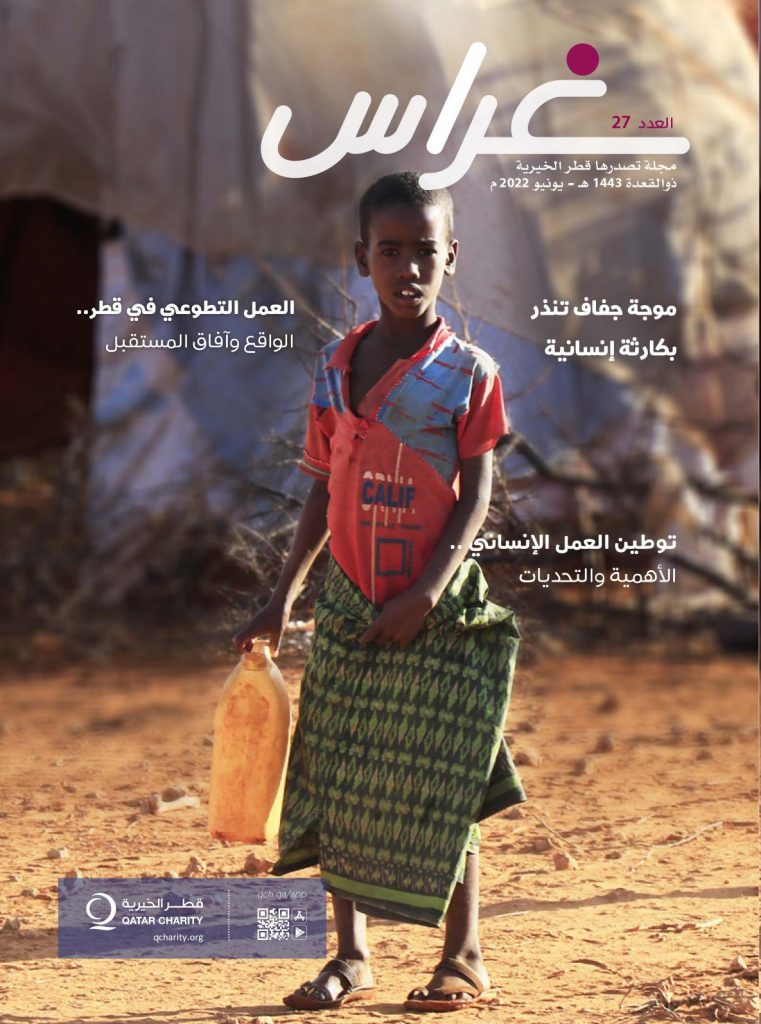
The article is published in the 27th issue of Ghiras magazine.
Download your copy of the magazine now or check out other articles.


